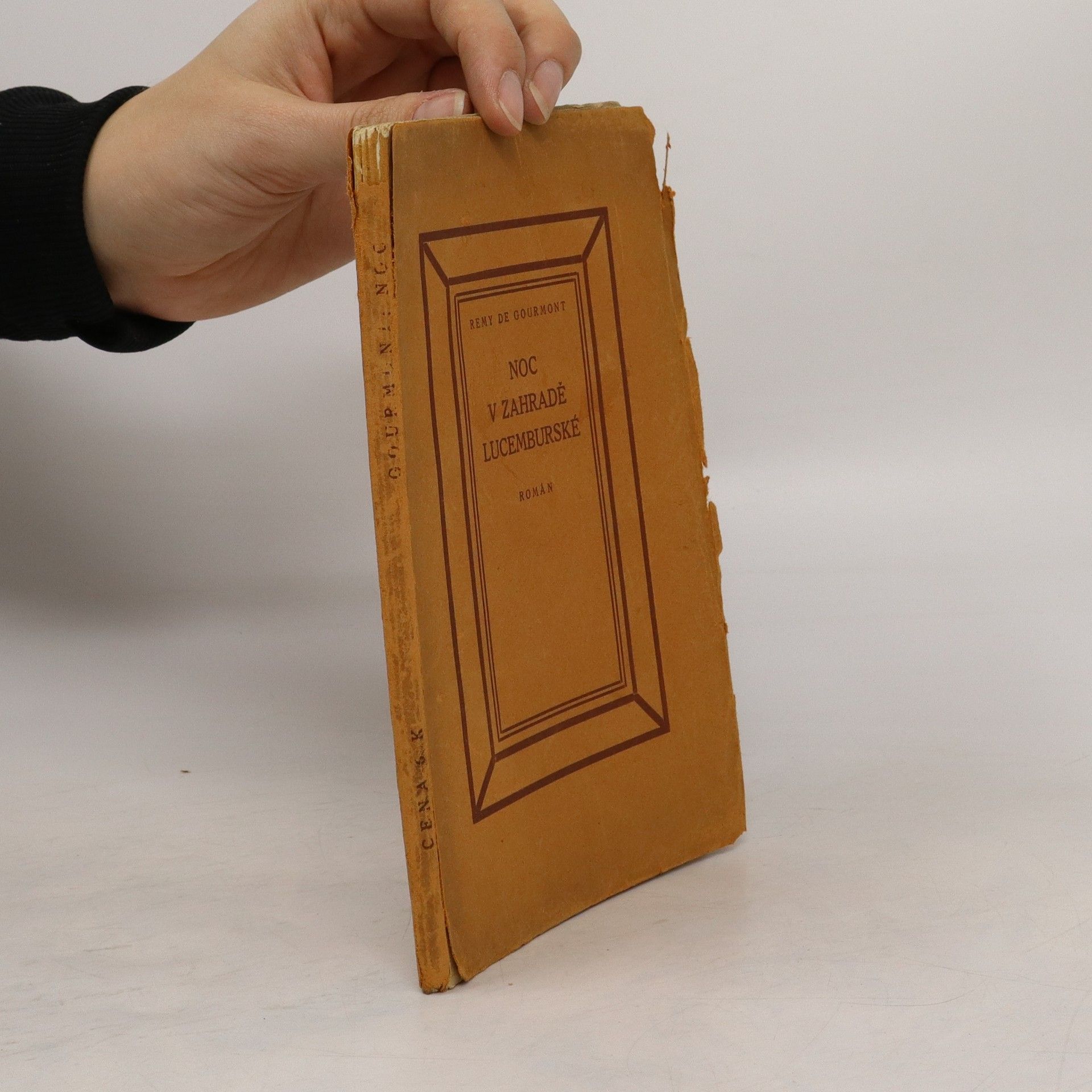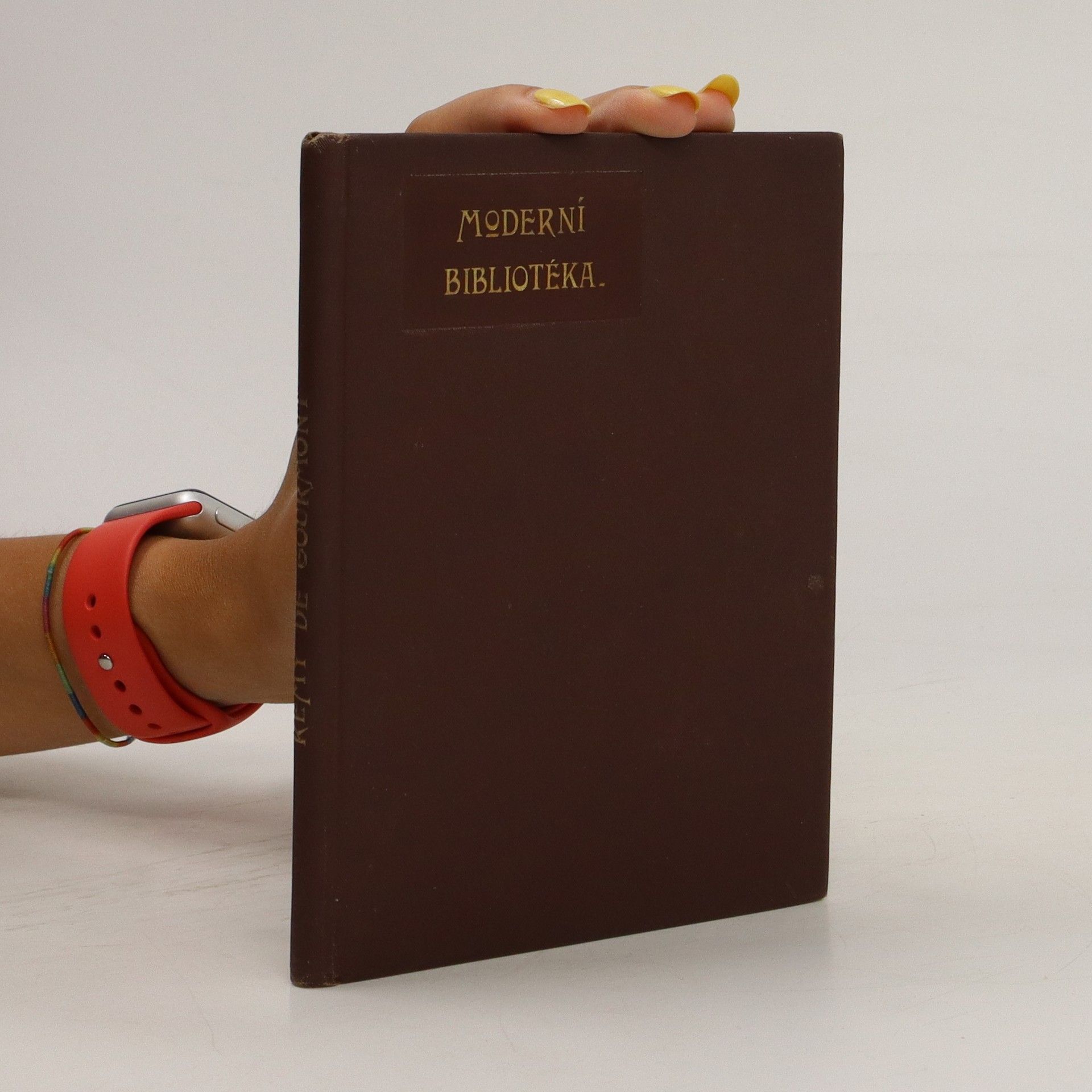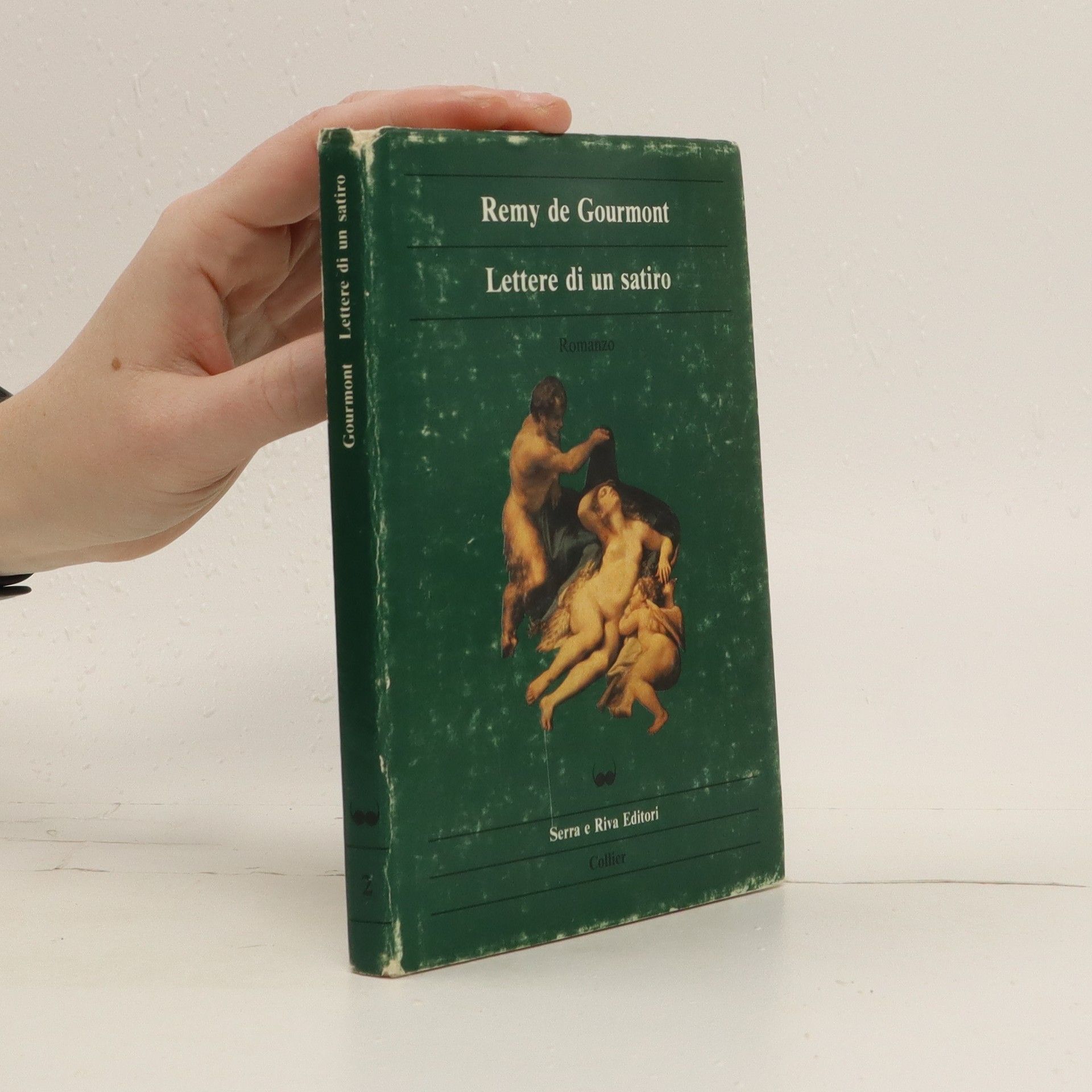The stories in The Angels of Perversity are key examples of early Symbolist prose shaped and inspired by the French Decadent consciousness and must rank among the best short stories of the 1890s.The tone of the stories is unique, with an unusual mixture of decadence and eroticism, balanced by an ironic and sentimental view of the world. Anatole France called Remy de Gourmont (1858-1915) the 'greatest living French writer'. The stories Francis Amery has collected and translated under the not inappropriate title The Angels of Perversity are from the first half of Gourmont's career, when, as a writer of short fictions he established himself as a significant figure in the Symbolist movement. --Adrian Tahourdin in The Times Literary Supplement
Rémy de Gourmont Libros
Rémy de Gourmont, poeta, novelista y crítico simbolista francés, fue ampliamente leído en su época e influyó notablemente en figuras como Blaise Cendrars. Su obra profundiza en las complejidades de la psicología humana y las relaciones intrincadas, empleando el lenguaje poético característico del Simbolismo. La escritura de Gourmont se centra a menudo en la introspección, explorando los sutiles matices de emociones y pensamientos, ofreciendo a los lectores una profunda visión de la vida interior de sus personajes. Su legado literario reside en su habilidad para capturar la belleza efímera y la complejidad de la existencia humana a través de imágenes evocadoras y prosa lírica.

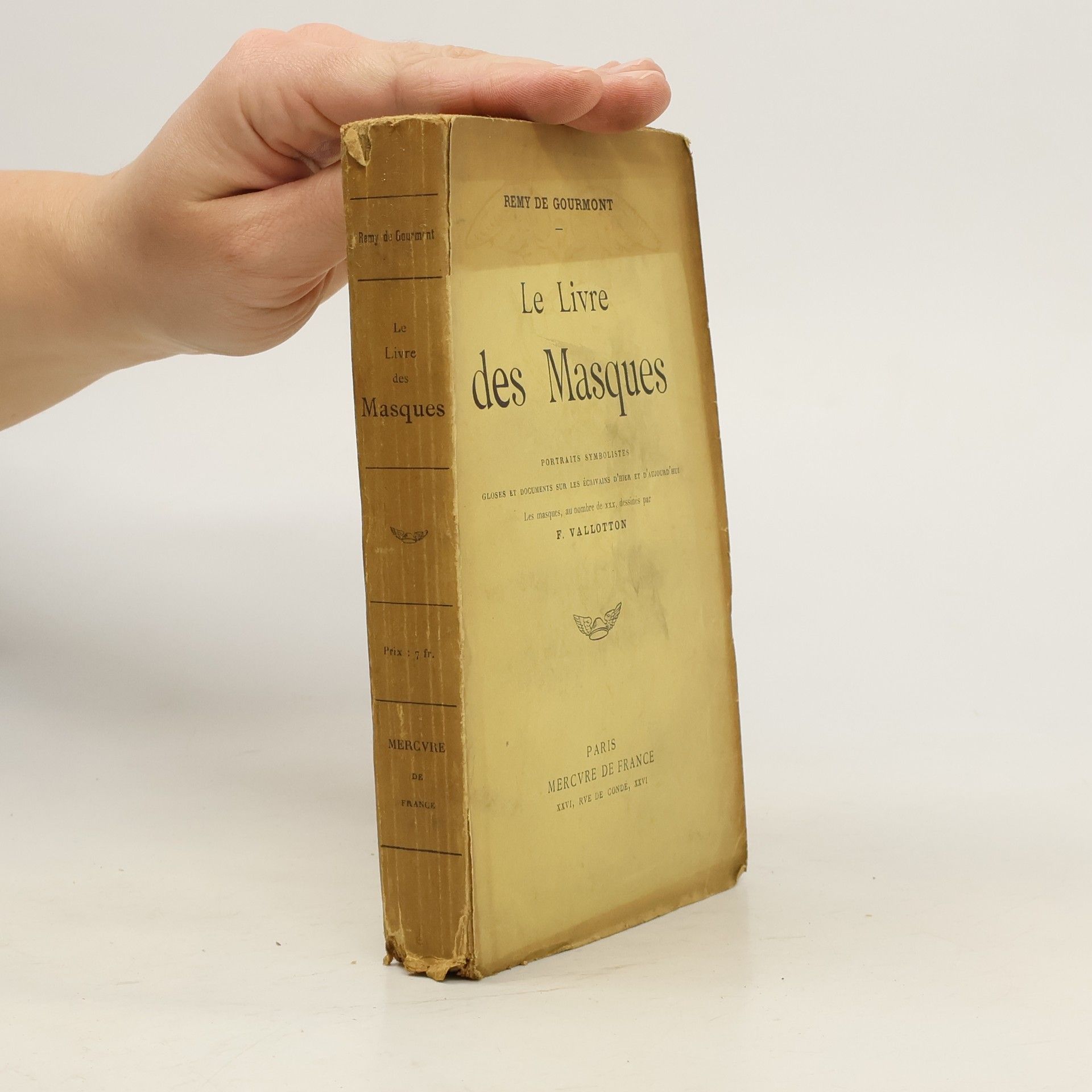
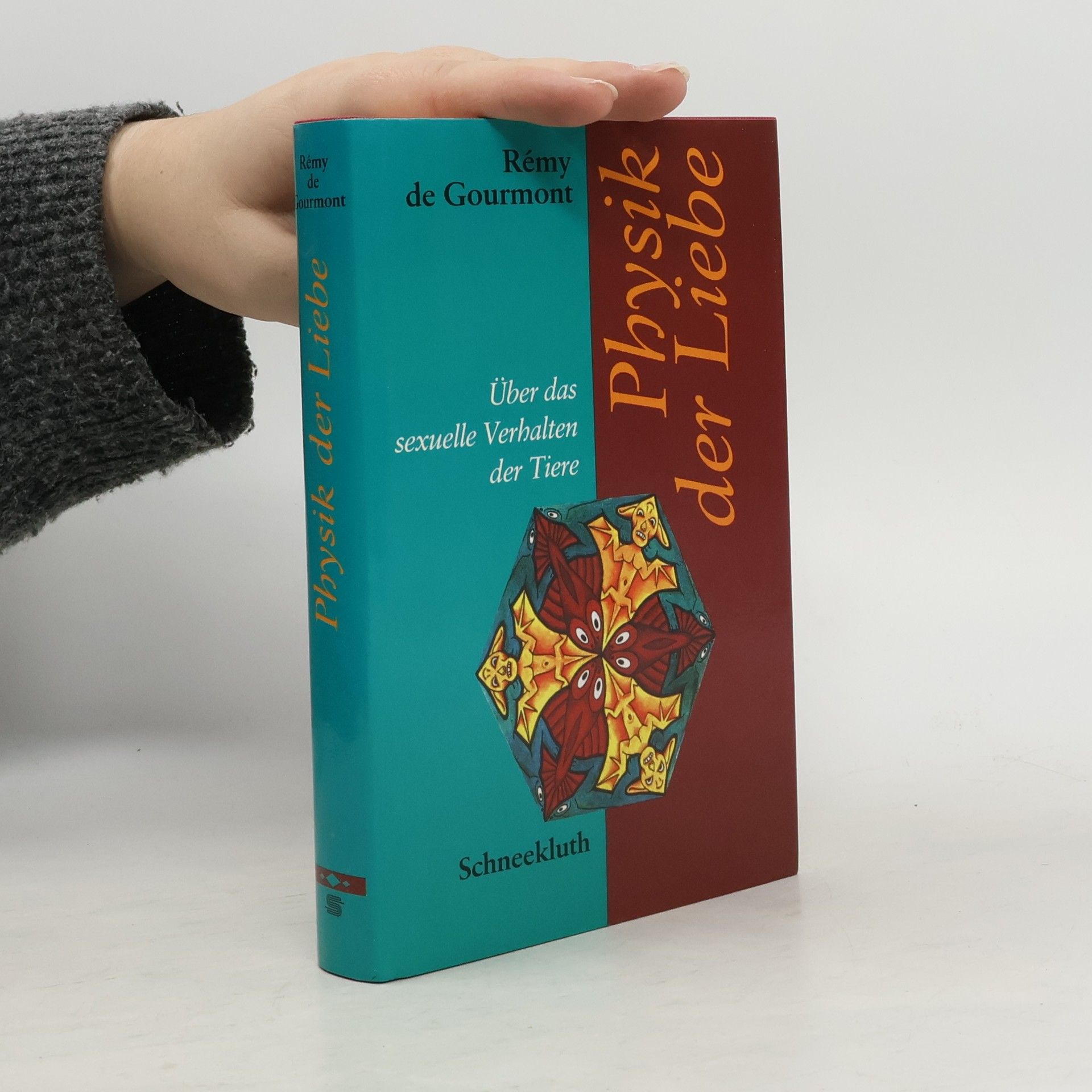

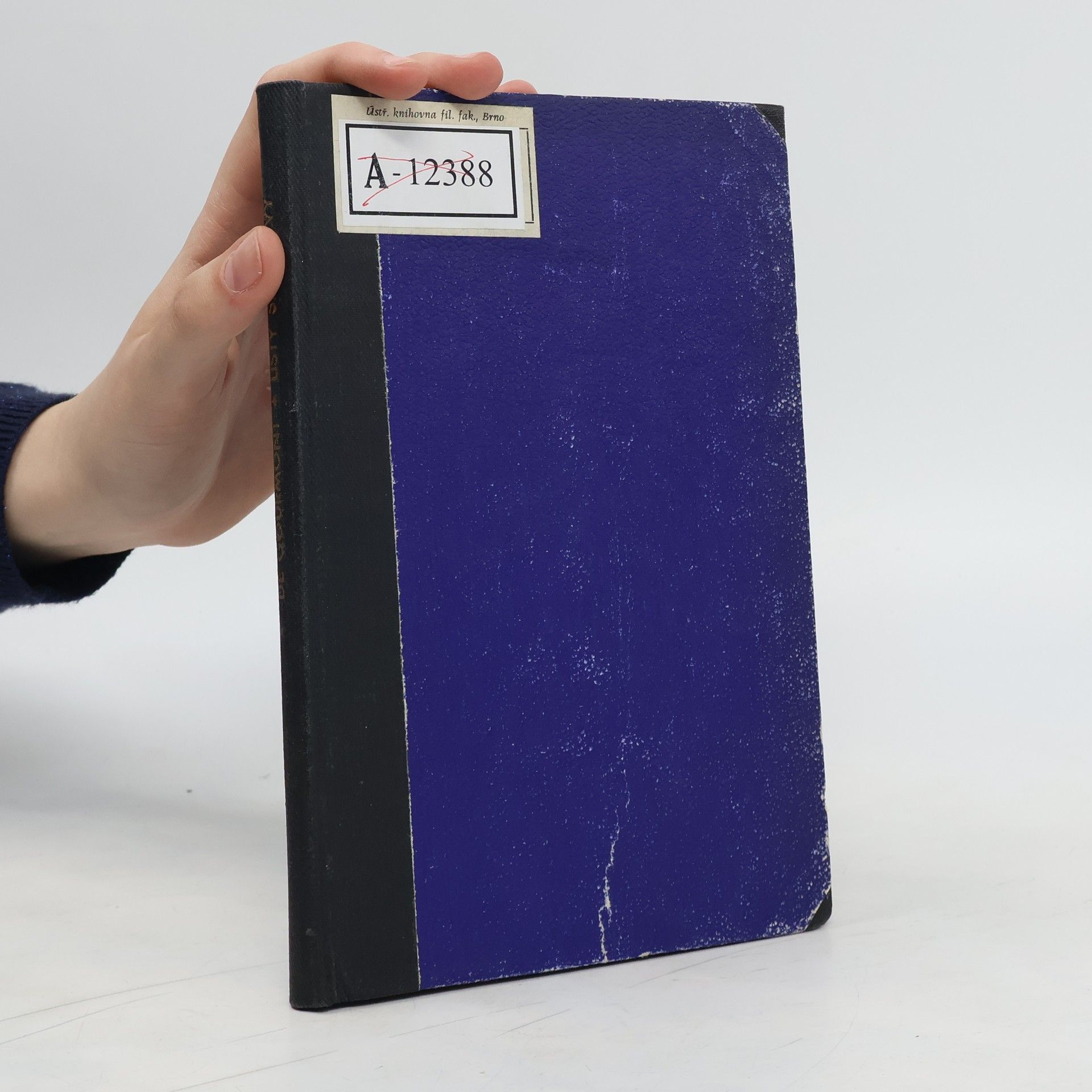
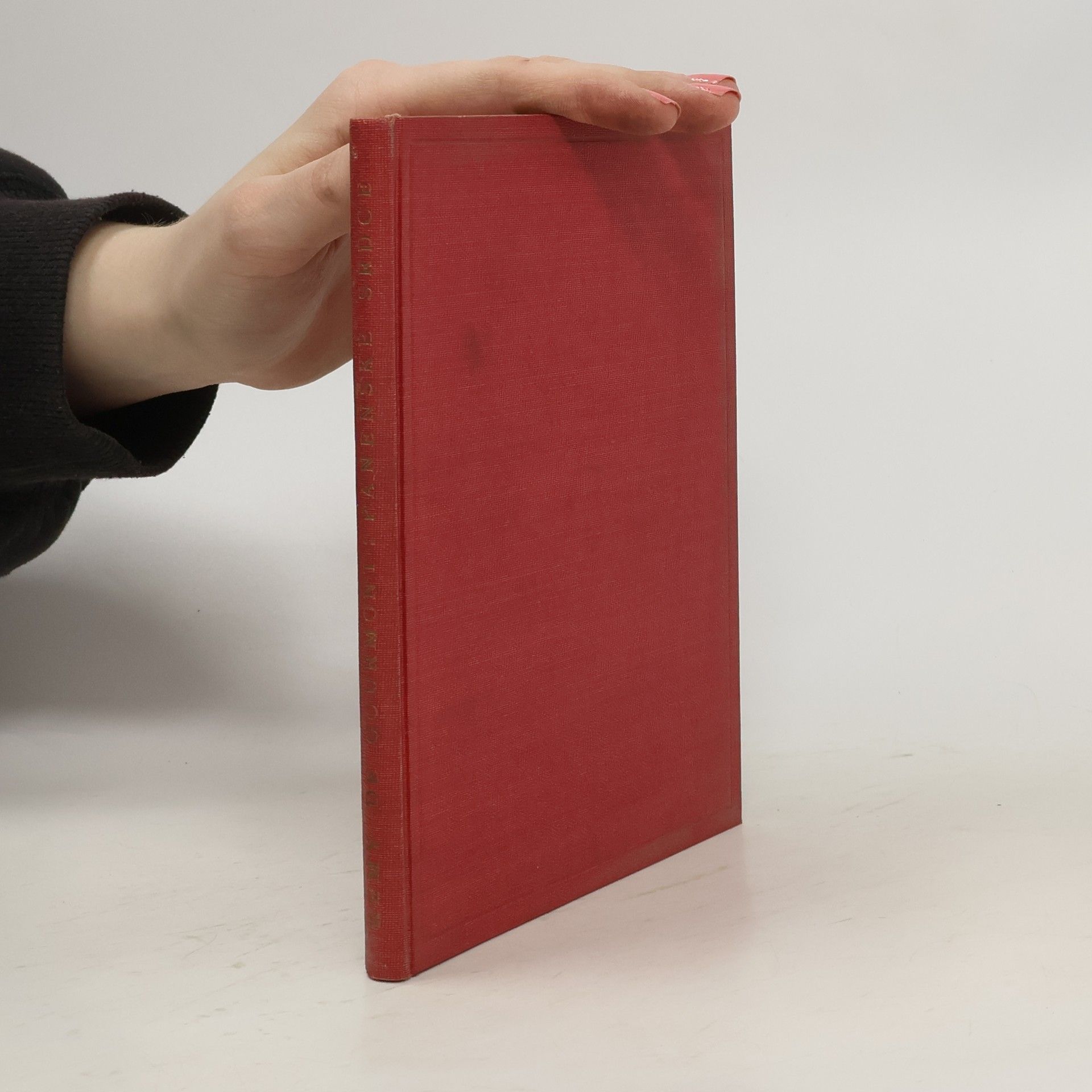

Handbuch des modernen Libertinismus, magische und philosophische Erzählung, diese mysteriöse Flucht in einen von Nacht gehüllten Pariser Garten in Gesellschaft eines Wesens von anderswo, eine Art heidnische Gottheit mit christlichem Flair, ist vor allem eine Einladung zum Glück fernab von Dogmen und vor allem religiös.
Remy de Gourmont (1858-1915) "Poeta, powieściopisarz, dramaturg, gramatyk, filolog, esteta, polemista, eseista, encyklopedysta, historyk, filozof, erudyta etc., etc. Mniemano nawet, że to nazwa firmy, spółki akcyjnej łacinników i literatów. Krążą również inne pogłoski; a jakiś głupiec, kiedy wyszedł z labiryntu jego dzieł oznajmił, że Remy de Gourmont to diabeł we własnej osobie! (...) Diabeł? Z pewnością. Dlatego znalazł się na indeksie u belfrów"
